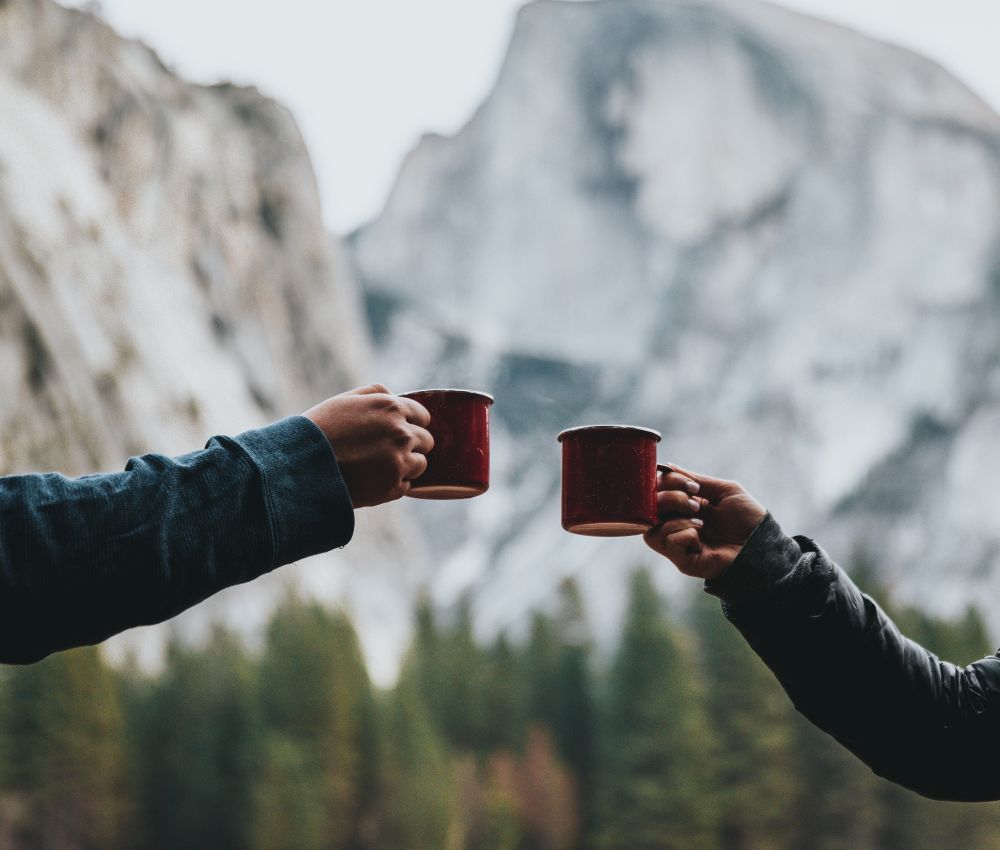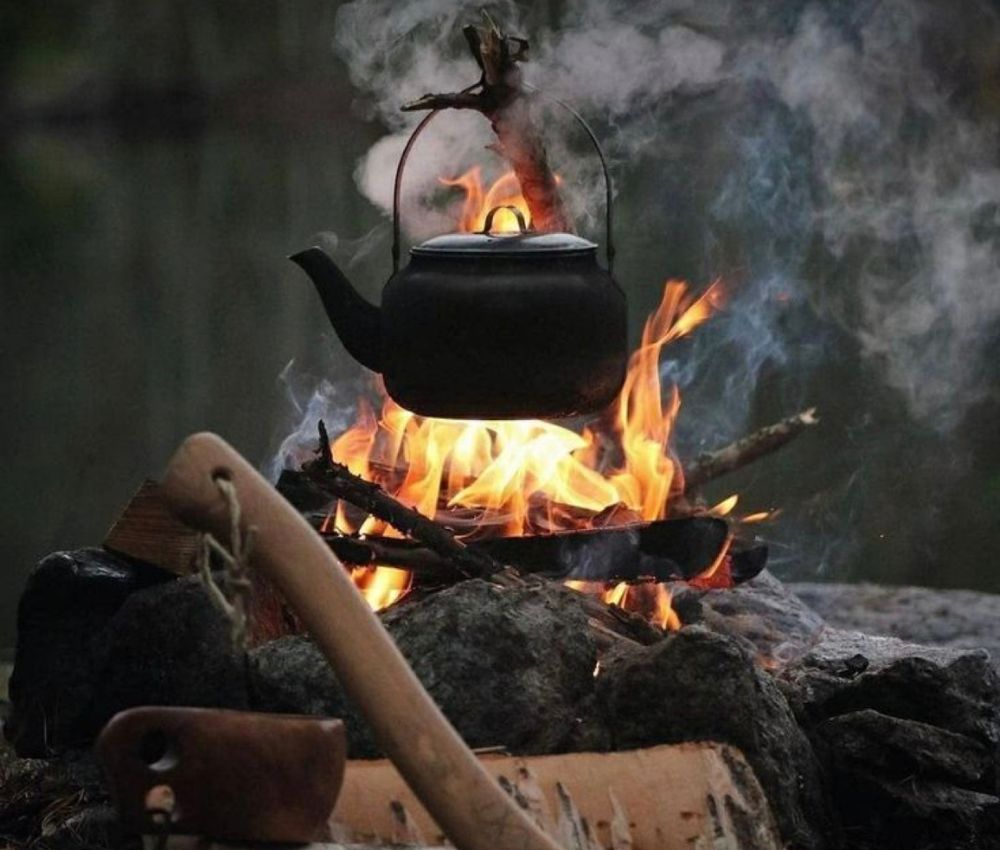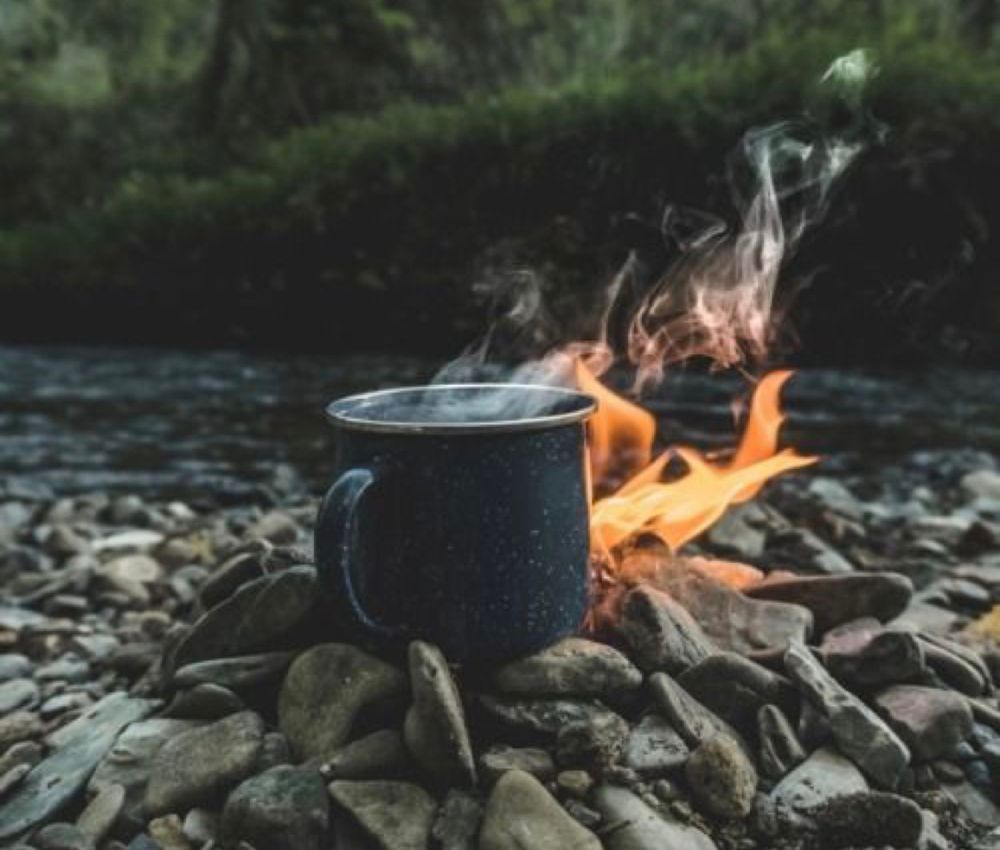Politics, Courage, and Connection: Reflections from Our Latest Cuppa

Kia ora and welcome back to another cuppa session. This kōrero-talanoa took us into the heart of politics, leadership, and community connection. What began as an open floor with no set topic quickly unfolded into a kōrero-talanoa about courage in leadership, the state of local government, and the values that underpin representation.
To start us off, feelings around the Global Sumud Flotilla convoy to deliver humanitarian aid to Palestine was discussed in the frame of the bravery that three New Zealanders on-board have shown. They reflected some disappointment with the group, “New Zealand's decision to not support Palestine as a state felt like I was blind sided by the government, I didn't actually realise that was where it was heading”.
This sparked admiration from others in the group, “I'm inspired by the number of people who are still rattling cages and trying to stir the pot”.
The kōrero then began to centre on world leaders, particularly politicians, who often engage in what one cuppa visitor described as “playground politics”. This was illustrated by someone who shared their thoughts on those world leaders who may lead with a view towards business outcomes, rather than what the people need and want. They prompted a discussion around what our ideas are “when we think about politics and who should be in it”.
Local Elections and Shared Experiences
This topic felt timely as we are in the midst of our local elections here in Aotearoa New Zealand and so, there have been different community events encouraging communities to register to vote and to get-to-know their local government candidates. One cuppa friend who has connections with local and central politicians shared, “there are some very genuine politicians, who are really doing good mahi that's not visible, not covered by the media, not sensationalist. It's just really good embedded practice doing good things and trying to do good things for communities”.
Another shared about attending a meet the local board candidates event, “I was thinking about the candidates and how it was great to see a personal side of our candidates and hear about their motivations and aspirations for our community”. On the other hand, another who attended the same event shared, “some things were inspiring, some things were uninspiring. Those who talk in the ‘I’ versus those who talk in the ‘We’. Was really clear.”.
Some of our group members believed that being a politician in Aotearoa New Zealand is a tough gig and that those who were willing to run for the local elections and mayoral elections show bravery and resilience. One cuppa visitor commented on the impact that intersectionality can have on some candidates. They contributed, “I'm sure if you're a woman, if you're any sort of gender minority, Maori, Pacifica, or ethnic… these people are standing, but it's a massive risk for them, there’s a personal toll for the amount of online warriors that are trying to take you down”. We noticed many nods of agreement from our visitors and a shared consensus that standing in local government leadership is an act of courage.
Lack of Connection to Community and Reasons to Vote
The focus gradually turned to the importance of local MPs being connected to community and that needing to be a focal point in their mahi as public servants. One visitor highlighted, “This is where we need to focus within, like connecting between communities…there's a little bit of this, but again, it’s really surface level”. Another observed that, “I'm done voting for my interests and I'm ready to start voting for younger people and my grandchildren's interests”. Another participant mentioned their aspirations for the next round of elections and expressed, “it’s important to focus on getting people to vote, both with the local government coming up, but next national elections next year”.
A familiar face in our cuppa space pointed out the difficulty there is to achieve indigenous representation in their local elections, especially concerning first nations peoples as they make up a small percentage of the total population. Reflecting on their local demographic context, they shared, “the inequalities of representation. It's like colonisation in [their country] exists and continues to exist, not because anybody deliberately wants it to, but because of the imbalance between social structures, cultural structures”.
This was shared in the context of Aboriginal people making up only about 3.2 percent of Australia’s population, a reminder of how structural and cultural imbalances continue to influence representation.
A Māori visitor, speaking from a Tangata Whenua perspective, reflected on this tension, saying, “It’s tricky. I both hate and love when demographics are framed that way, because we [Indigenous peoples] don’t feel like a minority in our own lands. We feel like a majority.”
As our kōrero-talanoa demonstrated, politics in all its shapes and layers has the ability to evoke all sorts of responses and conversation threads. And, as always our cuppa community handles these prickly topics with care, respect and honesty. Remember, if you or anyone else you know would like to register and attend our weekly cuppa sessions, then come along.
Nau mai, haere mai - All are welcome.


